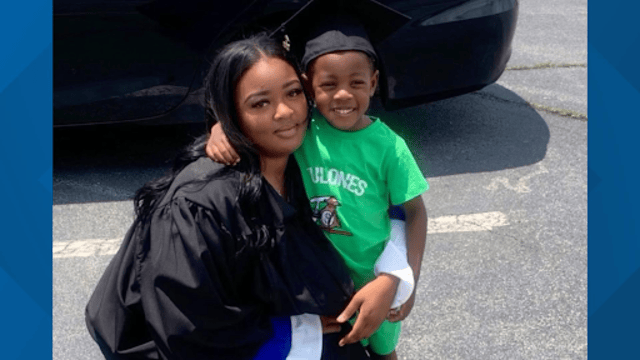
Elon Musk was spotted in Gruenheide, Germany, on March 22, 2022. AP Photo
Canadian neurosurgeons, in collaboration with Elon Musk’s Neuralink, have received regulatory approval to recruit six patients for an innovative trial. This study aims to test the safety and effectiveness of a brain implant device designed to help individuals with paralysis control devices like cursors using their thoughts.
The trial, known as CAN-PRIME, focuses on individuals with severe quadriplegia caused by amyotrophic lateral sclerosis (ALS) or spinal cord injuries. Dr. Andres Lozano, a Toronto-based neurosurgeon at the University Health Network, is leading the Canadian branch of the study. He explained that the implant consists of 64 electrodes, each containing 16 contacts, which will be surgically embedded into the motor regions of the brain responsible for hand movement.
These electrodes are designed to capture brain activity associated with movement. By thinking about moving their hands, patients can potentially control external devices. Neuralink developed the device and will handle data analysis and signal decoding, while the medical team will oversee patient selection, surgery, and postoperative care.
Dr. Lozano expressed enthusiasm for the project, sharing that his experience with brain implants likely contributed to Neuralink’s decision to involve his team. "Myself and our entire team jumped at the possibility of participating in this trial," he said.
The surgery itself involves a high-precision robot weighing nearly two tons to implant the electrodes. Although this is a groundbreaking procedure, risks such as brain bleeds, infections, or technical failures like wire displacements remain. Dr. Lozano acknowledged these risks, emphasizing the importance of careful monitoring and patient safety.
Neuralink’s first U.S. trial faced challenges, including wires shifting out of place in one of its initial patients, an issue reportedly known to the company for years. Despite this, Neuralink remains committed to advancing this technology, recently securing Health Canada’s approval for the Canadian study.
Participants in the trial will undergo surgery in Toronto and later use the device at home. Dr. Lozano expects to begin procedures early next year. While the technology is still years away from widespread use, Neuralink’s track record of rapid development suggests significant progress could happen sooner than anticipated.
Beyond reading brain signals, this technology holds potential for "writing" information into the brain. For instance, it could one day help visually impaired individuals perceive images or light. However, Dr. Lozano emphasized the importance of robust safeguards to prevent misuse, including the theoretical risk of hacking brain implants. "We have to put in the proper safeguards to ensure that this is done safely and properly," he cautioned.
Brad Wouters, executive vice president of science and research at the University Health Network, noted that while the technology remains in its infancy, Musk’s ability to fast-track advancements offers hope for rapid developments in this field.
As this groundbreaking research continues, it not only opens possibilities for people with disabilities but also raises ethical and safety concerns that will require careful consideration moving forward.















